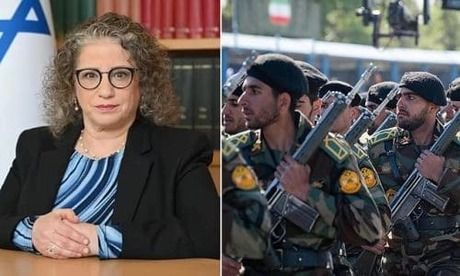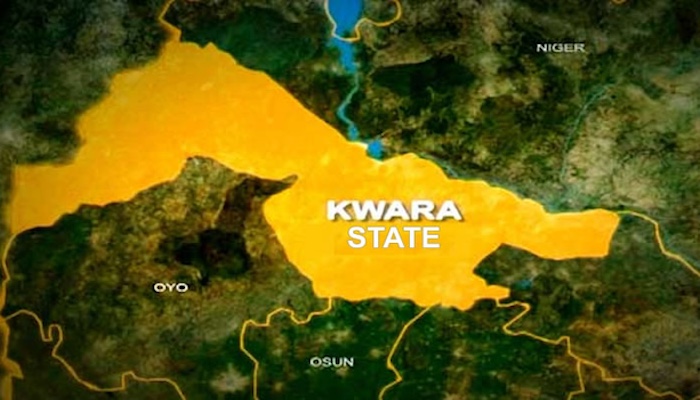
The United States and Israel have accused Iran of orchestrating a plot to assassinate Israel’s ambassador to Mexico, Einat Kranz-Neiger — an allegation Tehran forcefully rejects as a “great big lie,” while the Mexican government maintains it has no record of such an operation.
The claims surface at a time of unprecedented tensions between Israel and Iran, following reciprocal attacks on each other’s territories and swelling regional instability.
Conflicting Accounts Between Israel and Mexico
Israel asserts that Mexican authorities successfully foiled the assassination attempt, but Mexico’s Foreign Ministry contradicted the claim, saying it had “received no information” relating to any such incident.
Mexico’s Secretariat of Security and Citizen Protection, which oversees national intelligence, avoided mentioning the U.S. or Israel directly, but signaled openness to “respectful and coordinated cooperation… within the framework of national sovereignty.”
Pressed by Mexican media on the contradictory statements, Ambassador Kranz-Neiger said she did not know why Mexico denied involvement.
“Those who acted to neutralize this threat were the Mexican security and intelligence authorities,” she insisted during an interview with Radio Fórmula.
Iran’s embassy in Mexico quickly dismissed the entire story, posting on X that the allegation was fabricated with the aim of damaging “the friendly and historic relations” between Iran and Mexico.
U.S. Claims: Plot Linked to Iran’s Quds Force, With Venezuela as a Hub
A senior U.S. official, speaking anonymously, said the elite Quds Force of Iran’s Revolutionary Guard Corps initiated the plot in late 2024, allegedly using operatives linked to Iran’s embassy in Venezuela — a country whose president, Nicolás Maduro, maintains a close tactical alliance with Tehran.
“This is only the latest example of Iran’s global campaign of targeting diplomats, dissidents, journalists, and anyone who disagrees with them,” the official said, calling it a threat that should concern every country hosting Iranian personnel.
No direct evidence was publicly provided, nor were details offered on how the plot was disrupted.
The supposed operation would have followed Israel’s April 1, 2024 attack on Iran’s embassy complex in Damascus, which killed several high-ranking Revolutionary Guard officers and triggered vows of retaliation. Iran later launched missiles and drones at Israel, escalating the conflict.
Exactly one year after the Damascus strike, Israel carried out a sweeping bombardment inside Iran, killing more than 1,000 people. The U.S., Israel’s closest military ally, also joined the strikes on Iranian nuclear-related sites.
Regional Conflict at a Boiling Point
Iran remains a key supporter of Hamas, whose October 7, 2023 attack on Israel ignited the ongoing Gaza war. Israel has since expanded its military operations across the Middle East, targeting sites linked to Iran in Syria, Lebanon, Qatar, and Yemen.
Israel’s intelligence agencies have repeatedly accused Iran’s Quds Force of planning attacks on Israeli and Jewish targets worldwide.
Australia has already expelled Iran’s ambassador over alleged Iranian involvement in arson attacks against a Melbourne synagogue and a kosher restaurant in Sydney.
Latin America has also witnessed previous violence tied to Middle Eastern power struggles — including the 1994 bombing of the AMIA Jewish center in Buenos Aires, which killed 85 people. Argentina and Israel maintain that Hezbollah carried out the attack on Iran’s orders.
Despite Tehran’s hostile posture toward Israel since the 1979 Islamic Revolution, Iran is still home to one of the oldest Jewish communities in the Middle East.



